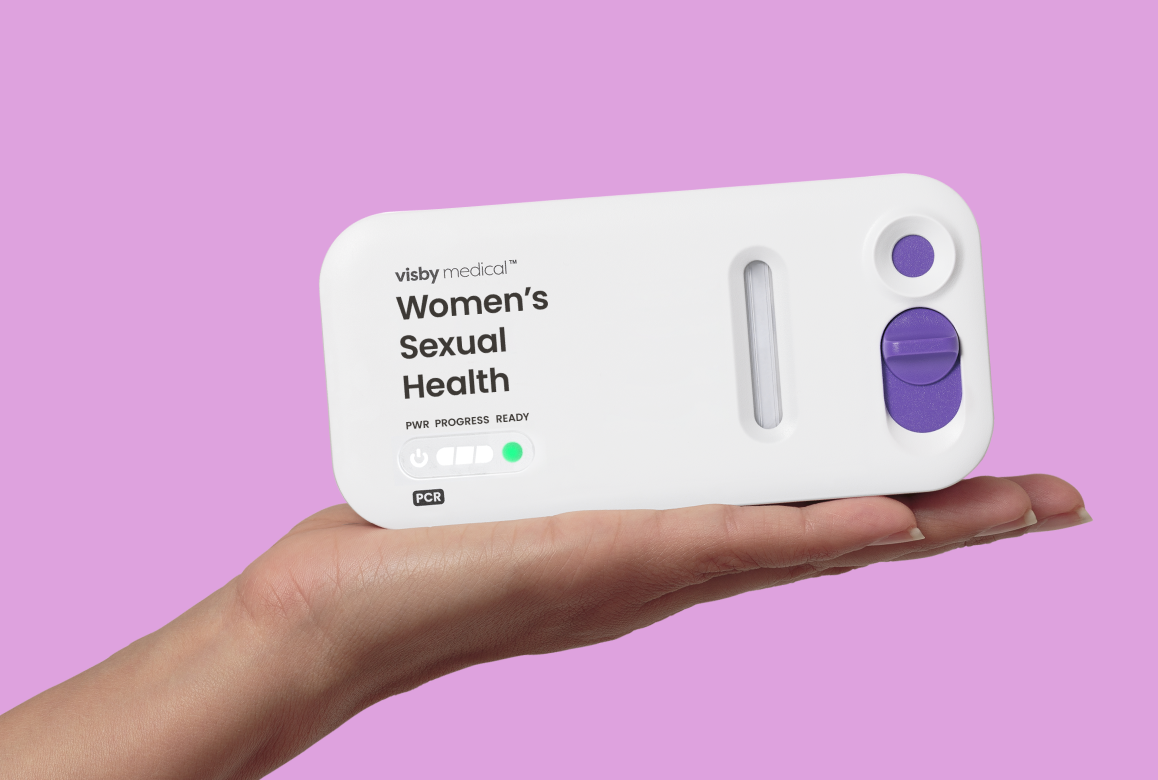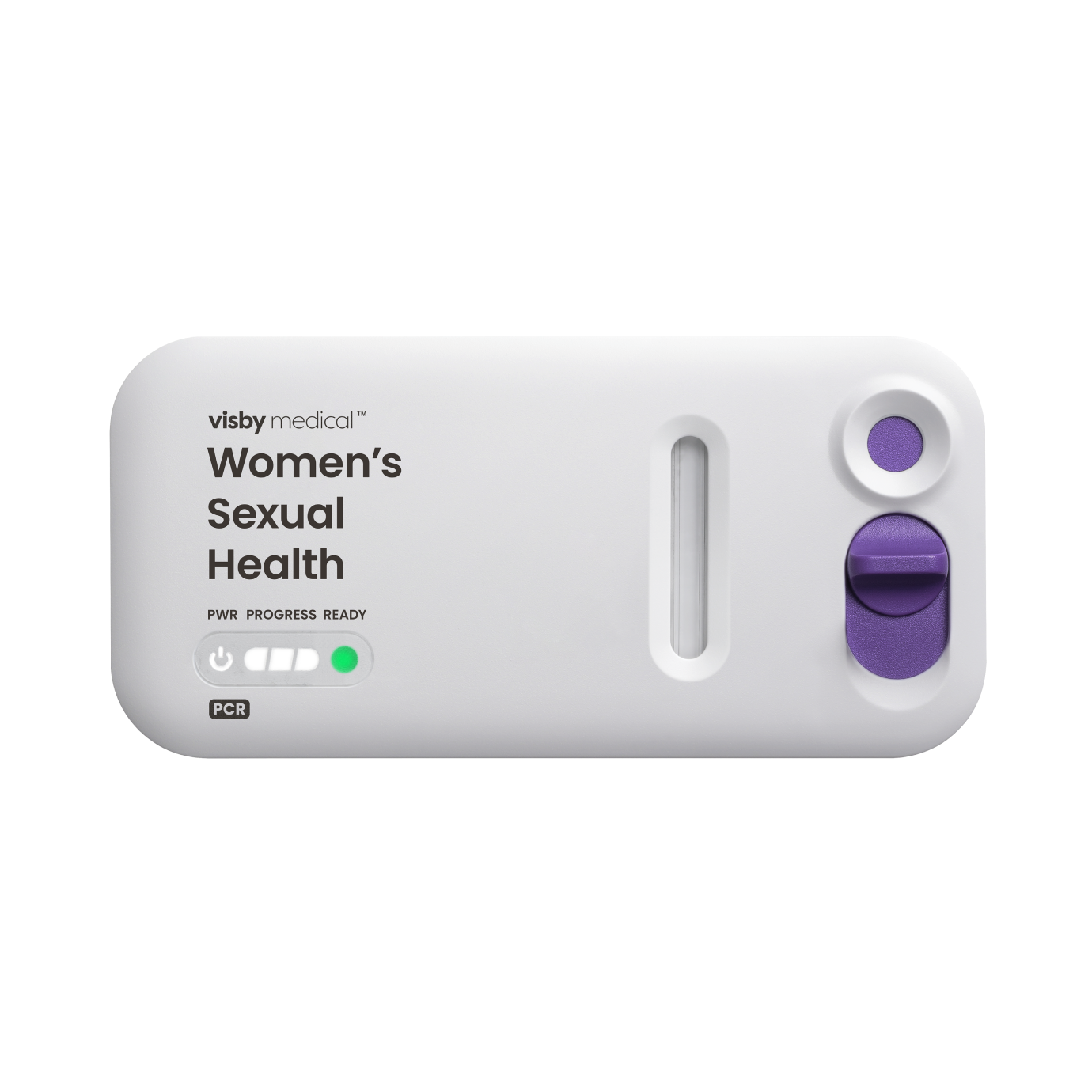
Written By: Jillian Foglesong Stabile MD, FAAFP, DABOM
Hormones are chemicals produced by various glands in the body. They are part of the endocrine system and control a number of bodily processes, including your metabolism, reproductive functions, sleep, mood, and development. [1,2] Imbalances in hormones can have a significant impact on your overall health and quality of life. But how do you know if your hormones are out of whack? What are the signs of hormonal imbalance? Keep reading to find out.
Signs of Hormonal Imbalance in Women
There are many potential symptoms that might indicate hormone imbalance in women and people assigned female at birth (AFAB). Some hormonal imbalance symptoms include [2]:
- Menstrual irregularities
- Trouble getting pregnant
- Menopause symptoms such as hot flashes, vaginal dryness, night sweats, or mood swings
- Tiredness
- Unusual hair growth
- Acne
- Weight gain or loss
- Recurrent miscarriage
- Insomnia
- Joint pain
- Stretch marks
- Facial puffiness
- Heat or cold intolerance
- Anxiety or depression
- Decreased sex drive
- Puffiness on the back at the base of the neck
- Brain fog
- Memory changes
The symptoms may vary based on which hormones are out of balance. For example, thyroid hormones and reproductive hormones can have effects on fertility and irregular periods, while stretch marks and puffiness can be associated with imbalances in cortisol.
Signs and Symptoms of Hormonal Imbalance in Men
Men and people assigned male at birth (AMAB) may also experience hormone imbalance symptoms. Some common symptoms of hormonal imbalance include [2,6-8]:
- Fatigue
- Low sex drive
- Trouble getting or maintaining an erection
- Depression
- Loss of muscle mass
- Weight gain or loss
- Difficulty sleeping vMood swings
- Decreased bone density
- Brain fog
- Heat or cold intolerance
- Infertility
- Changes in blood sugars
- Changes in skin color
- Breast growth (gynecomastia)
- Hair loss
Like in women and people AFAB, the symptoms and signs of hormone imbalance vary by the type of hormone that is imbalanced.
Common Causes of Hormonal Imbalance
There are a number of different hormone imbalances and they have many causes. Hormones may be imbalanced due to medications, medical conditions, environmental exposures, genetics, or even just your stage in life. Hormonal imbalance can be the cause of many different medical issues. There are many medications that can affect hormone levels. Steroids, birth control, hormone replacement therapy, and many others affect hormone levels and may cause you to feel imbalanced. Hormone levels fluctuate throughout life, and there are certain stages of life where hormones may be particularly imbalanced. Puberty and menopause are two of these times. [3]
Medical Conditions
Medical conditions are a common source of hormone imbalance. Some of the medical conditions that can have a significant impact on hormone balance in the body include [3]:
- Type 1 or type 2 diabetes
- Polycystic ovarian syndrome (PCOS)
- Pregnancy
- Diseases of the thyroid gland
- Cysts and tumors
- Congenital adrenal hyperplasia (CAH)
- Addison's disease
- Anorexia and other eating disorders
- Cushing's syndrome
- Obesity
This is not meant to be an exhaustive list of medical conditions. There are many other medical conditions that can potentially contribute to hormone imbalance.
Environmental Conditions
Environmental exposures are another potential source of hormone imbalance. There is a group of chemicals known as endocrine-disrupting chemicals (EDCs) or endocrine disruptors. These chemicals usually mimic or interfere with hormones, causing imbalance. Some of these chemicals include [4,5]:
- Atrazine: an herbicide used to control weeds in crops
- Bisphenol A (BPA): a chemical used in plastics and resins and the lining of some cans
- Dioxins: a byproduct of manufacturing
- Perchlorate: a salt used to make rockets, explosives, and fireworks
- Per- and polyfluoroalkyl substances (PFAS): chemicals used in firefighting foam, nonstick pans, and other industrial processes
- Phthalates: a liquid plasticizer that is found in packing and cosmetics
- Phytoestrogens: naturally occurring plant compounds that can mimic estrogens
- Polybrominated diphenyl ethers (PBDE): a chemical used to make things like furniture foam and carpets more flame-resistant
- Polychlorinated biphenyls (PCBs): chemicals banned in 1979 that were used for electrical equipment and some fluids
- Triclosan: a chemical previously used in antimicrobial products
Genetics may also play a role in hormone imbalance. Some forms of thyroid disease, for example, have a genetic role.
Testing for Hormonal Imbalance
There are many ways to test for hormone imbalance. Some hormones require specific timing of testing. Cortisol and testosterone levels both fluctuate throughout the day. [9,10] Hormones such as estrogen and progesterone fluctuate throughout the course of the menstrual cycle. [11]
- Blood testing is the gold standard and the most common type of hormone testing. This testing is the standard by which other testing is measured. [12] Blood hormone testing may be done by spot testing or a blood draw.
- Urine hormone testing is less invasive than blood testing. Urine hormone testing is frequently used to confirm pregnancy and to predict ovulation. However, urine hormone testing is available for other hormones as well. Many hormones can be tested through urine testing, including reproductive hormones such as estrogens, progesterone and androgens, adrenal hormones, some thyroid hormones, and melatonin. [13] Urine hormone testing may be done on liquid or dry urine. They are considered equally accurate. [14,15]
- Salivary hormone testing is another non-invasive form of testing that can be obtained from the comfort of your own home. This form of testing is reliable and can be used to test several hormones, including cortisol and reproductive hormones. [12,16]
Other methods of testing, such as hair testing, may be used to detect hormones over longer periods of time as the hair follicle incorporates hormones into hair as it grows. [17,18] Our at-home Women’s Health Test can give you insight into 11 key reproductive hormones like estrogen, progesterone, cortisol, and more.
When to Seek Medical Advice for Hormonal Symptoms
There are many types of hormone testing available and some can be ordered online and performed from your own home. This is convenient for many people and may be less expensive than seeing your healthcare provider for testing. However, there are reasons why you may need to seek medical advice for your hormonal symptoms.
If you have complex or unusual symptoms, you may need a healthcare provider to guide your testing and care. Hormone imbalance symptoms overlap with a number of medical conditions so the symptoms you are experiencing may not be due to hormone imbalance. [19] Severe symptoms or symptoms such as night sweats combined with unexplained weight loss may indicate more serious medical conditions, so they require urgent evaluation by a healthcare provider. If you have other medical conditions that could impact your hormones, or if you are taking medications that influence hormones, you should consider talking to a healthcare provider before having testing.
Recognizing and Addressing Hormonal Imbalance
Hormones can affect just about every system in your body, so it's important to recognize the symptoms of hormone imbalance and find ways to address them. Whether the symptoms are physical, emotional, or cognitive, they can interfere with your day-to-day life.
Hormone symptoms may do more than just disrupt your life. Conditions like thyroid disease, diabetes, and Cushing's disease can lead to long-term metabolic effects that can cause long-term damage to your body, heart, and other health conditions. Polycystic ovarian syndrome is associated with an increased risk of type 2 diabetes. [20]
Taking control of your hormone levels and learning more about your body can help you take back your quality of life and improve your overall health. The first step in determining whether hormone imbalances are affecting you, and addressing them, is to recognize the symptoms and talk with your healthcare provider or get tested.
Your Hormones With Everlywell
If you're experiencing symptoms of hormone imbalance, Everlywell has a solution for you. You can schedule a virtual visit with one of our certified healthcare providers to discuss your concerns whether it's fertility, menopause, metabolism, or something more.
At Everlywell, we offer a number of tests for at-home hormone imbalance testing or other health concerns. In addition to our Women’s Health Test, consider our Metabolism Test that measures cortisol, free testosterone, and TSH levels. Men and people AMAB might opt for the Men's Health Test to review cortisol, DHEA-S, estradiol, and testosterone levels. If hormones are your concern, Everlywell is here to help.
References
- Campbell M, Jialal I. Physiology, endocrine hormones. StatPearls - NCBI Bookshelf. Published September 26, 2022. Accessed December 20, 2024. Medical Citation URL.
- Hormonal imbalance. Cleveland Clinic. Published October 18, 2024. Accessed December 20, 2024. Medical Citation URL.
- 7 signs of a hormonal imbalance — and what to do about it. UCLA Health. Published July 3, 2024. Accessed December 20, 2024. Medical Citation URL.
- Endocrine disruptors. National Institute of Environmental Health Sciences. Last Reviewed July 22, 2024. Accessed December 20, 2024. Medical Citation URL.
- Roop J. HORMONE IMBALANCE-A CAUSE FOR CONCERN IN WOMEN. Research Journal of Life Sciences, Bioinformatics, Pharmaceutical and Chemical Sciences. Published online 2018. Medical Citation URL.
- Borkar, M. S.;Joshi, P. P. Hormonal imbalance in women - Their causes, symptoms and treatment. BIOINFOLET - A Quarterly Journal of Life Sciences. 2014;20(2b):310-312. Medical Citation URL.
- Monteagudo PT, Falcão AA, Verreschi ITN, Zanella MT. The imbalance of sex-hormones related to depressive symptoms in obese men. The Aging Male. 2015;19(1):20-26. Medical Citation URL.
- Leslie SW, Soon-Sutton TL, Khan MA. Male infertility. StatPearls - NCBI Bookshelf. Published February 25, 2024. Accessed December 20, 2024. Medical Citation URL.
- Sizar O, Schwartz J, Leslie S. Male hypogonadism. Treatment & Management | Point of Care. Published February 25, 2024. Accessed December 20, 2024. Medical Citation URL.
- Professional CCM. Cortisol test. Cleveland Clinic. Published December 19, 2024. Accessed December 20, 2024. Medical Citation URL.
- Thiyagarajan DK, Basit H, Jeanmonod R. Physiology, menstrual cycle. StatPearls - NCBI Bookshelf. Published September 27, 2024. Accessed December 20, 2024. Medical Citation URL.
- Huang T, Howse FM, Stachenfeld NS, Usselman CW. Correlations between salivary- and blood-derived gonadal hormone assessments and implications for inclusion of female participants in research studies. AJP Heart and Circulatory Physiology. 2022;324(1):H33-H46. Medical Citation URL.
- Precision Analytical (DUTCH TEST). Accessed December 20, 2024. Medical Citation URL.
- Newman M, Curran DA. Reliability of a dried urine test for comprehensive assessment of urine hormones and metabolites. BMC Chemistry. 2021;15(1). Medical Citation URL.
- Widuri A, Fakhriani R, Agustin Q, Cahyarani A. DUTCH (Dried urine test for comprehensive hormones) in preventing diseases related hormonal function. Qanun Medika - Medical Journal Faculty of Medicine Muhammadiyah Surabaya. 2022;6(2). Medical Citation URL.
- GröSchl M. Current status of salivary hormone analysis. Clinical Chemistry. 2008;54(11):1759-1769. Medical Citation URL.
- Auer MK, Krumbholz A, Bidlingmaier M, Thieme D, Reisch N. Steroid 17-Hydroxyprogesterone in Hair Is a Potential Long-Term Biomarker of Androgen Control in Congenital Adrenal Hyperplasia due to 21-Hydroxylase Deficiency.
- Peng FJ, Palazzi P, Mezzache S, Bourokba N, Soeur J, Appenzeller BMR. Profiling steroid and thyroid hormones with hair analysis in a cohort of women aged 25 to 45 years old. European Journal of Endocrinology. 2022;186(5):K9-K15. Medical Citation URL.
- Clinic C. Do you need hormone testing? Cleveland Clinic. Published June 28, 2024. Accessed December 20, 2024. Medical Citation URL.
- Diabetes and polycystic ovary syndrome (PCOS). Diabetes. Published May 15, 2024. Accessed December 20, 2024. Medical Citation URL.
Get started
Latest offers
Explore Everlywell








